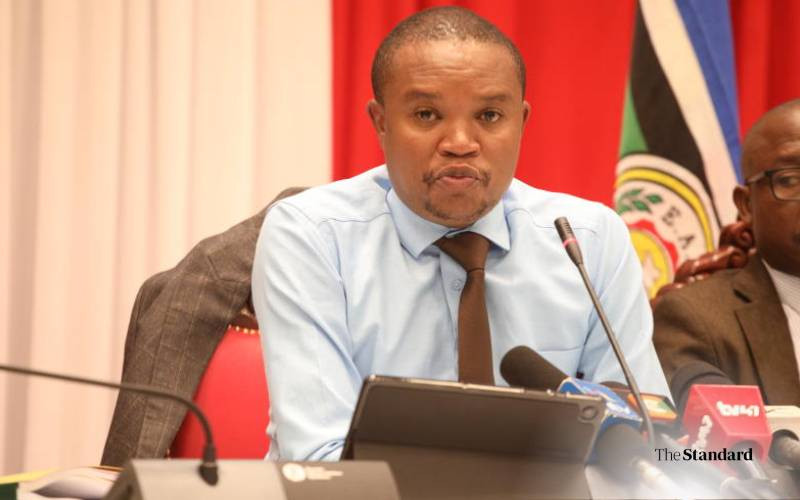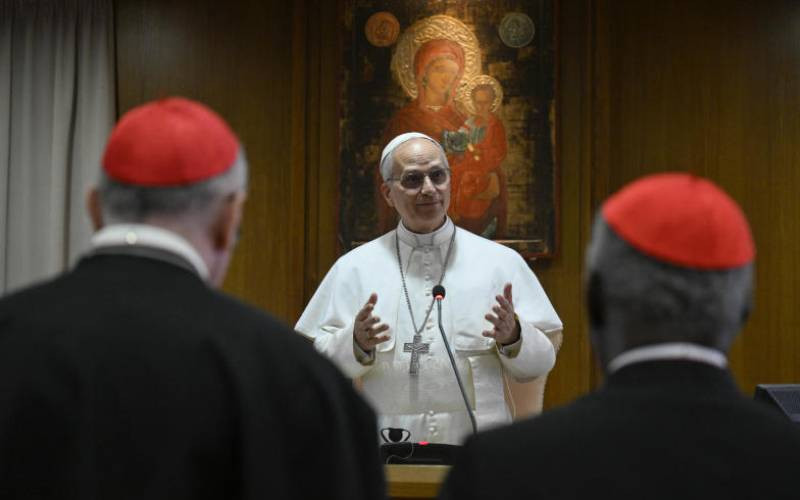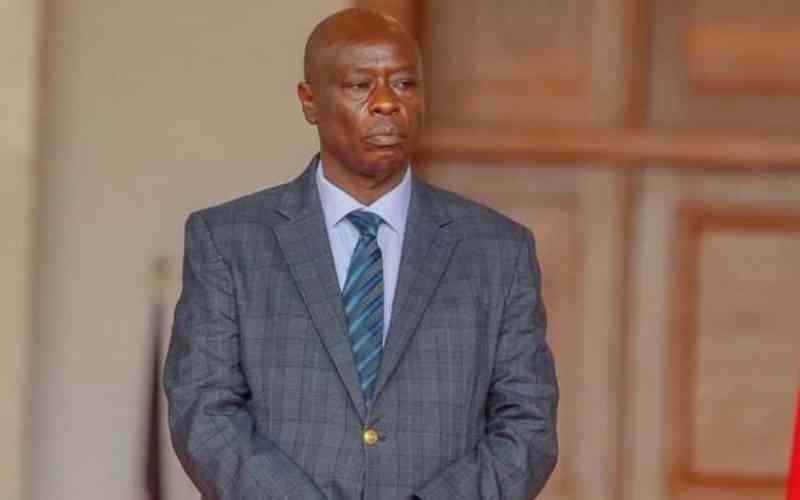Members of Parliament yesterday approved the Finance Bill 2025, moving it to the final stage—presidential assent by President William Ruto.
The Bill, which introduces a raft of new tax policies aimed at increasing revenue in the 2025/2026 financial year, was passed at the third reading stage with amendments introduced by the National Assembly Finance Committee.
President Ruto is now expected to sign the Bill into law at any time from today. The legislation sets out Kenya Kwanza’s new tax regime for the 2025/2026 financial year, during which the national government seeks to finance a Sh4.2 trillion budget.
During debate on the Bill on Wednesday, MPs praised it as progressive, noting it did not raise taxes as previous finance laws had done.
Finance Committee Chairperson Kimani Kuria stated that, unlike past Finance Bills, this year’s proposal was not merely a revenue-raising tool but a policy instrument.
“Its central focus is to enhance tax revenue collection through strategic administrative reforms and improve taxpayer compliance. Rather than introducing new taxes, the Bill proposes the simplification of existing tax laws to make them clearer, more predictable, and accessible to all taxpayers,” he argued.
“The Finance Act of 2022 had a projected revenue of Sh22 billion, the Finance Act of 2023 had Sh211 billion, the Finance Bill of 2024 had the intention to raise Sh244 billion, and the Tax Laws Amendment Act, Sh449 billion. In contrast, the Finance Bill of 2025 aims to raise only Sh25 billion.”
He assured Kenyans that the reforms introduced in the current Bill are aimed at curbing tax evasion, expanding the tax base, and ensuring that all eligible taxpayers contribute their fair share. “These policies aim to ensure predictability and sustainability within the tax system, thereby fostering a more favourable environment for business… The Finance Bill embodies the government’s commitment to modernising tax administration and fostering a culture of trust and cooperation between the Kenya Revenue Authority and the citizens.”
Leader of the Majority at the National Assembly, Kimani Ichung’wah, argued the Finance Bill had been turned into a tool for a disinformation campaign.
“Actually, from April last year, there was a sustained campaign of misinformation. Again, in April this year, the same campaign began. The Chair alluded to the widespread negativity around the Finance Bill. Many Kenyans wrongly believe it is designed to punish them or make them poorer,” he said.
Dagoretti South MP John Kiarie noted that by adopting the Finance Bill 2025, the House would enhance access to affordable digital gadgets and strengthen Kenya’s digital and creative economy.
“For those of us who are in the ICT and digital economy sector, we have a reason to smile. These proposals offer tax incentives on spectrum licences. Connectivity today is not a luxury. It is a matter of life and death,” he said.
Kesses MP Julius Rutto said, “We need to remember that this House recently passed a Tax Policy which has never been there before. This Finance Bill is aligned with that policy, aiming to support businesses in a predictable manner. Business people can now plan strategically, knowing that tax regimes are stable and conducive to profitability.”
Stay informed. Subscribe to our newsletter
The House also adopted key amendments proposed by the Finance Committee, including the rejection of a controversial clause that would have granted the Kenya Revenue Authority (KRA) unfettered access to private data and trade secrets to boost revenue collection.
Had it passed, the clause would have empowered KRA to compel institutions—including banks, digital platforms, and mobile service providers—to disclose sensitive personal and commercial data, such as financial records and trade secrets, without notifying the taxpayer.
























